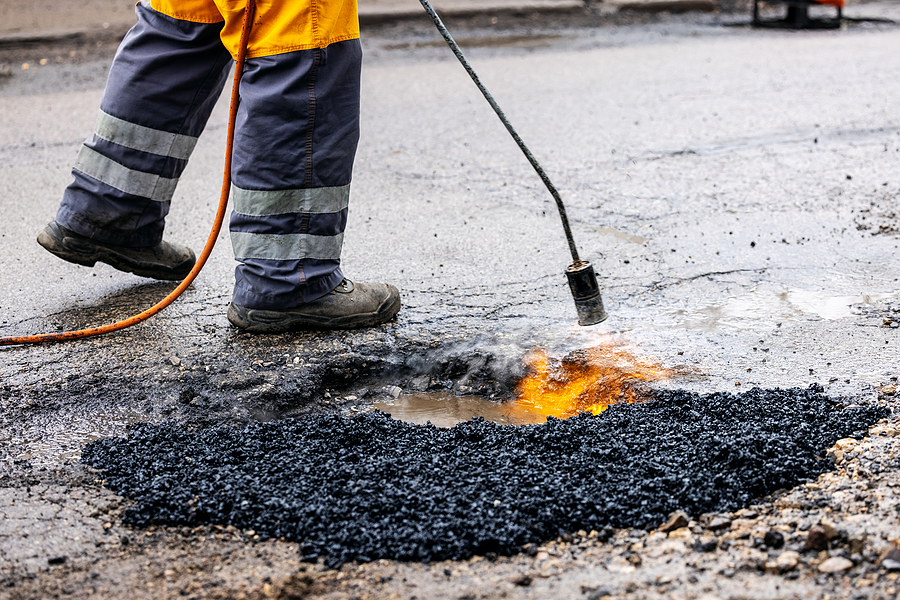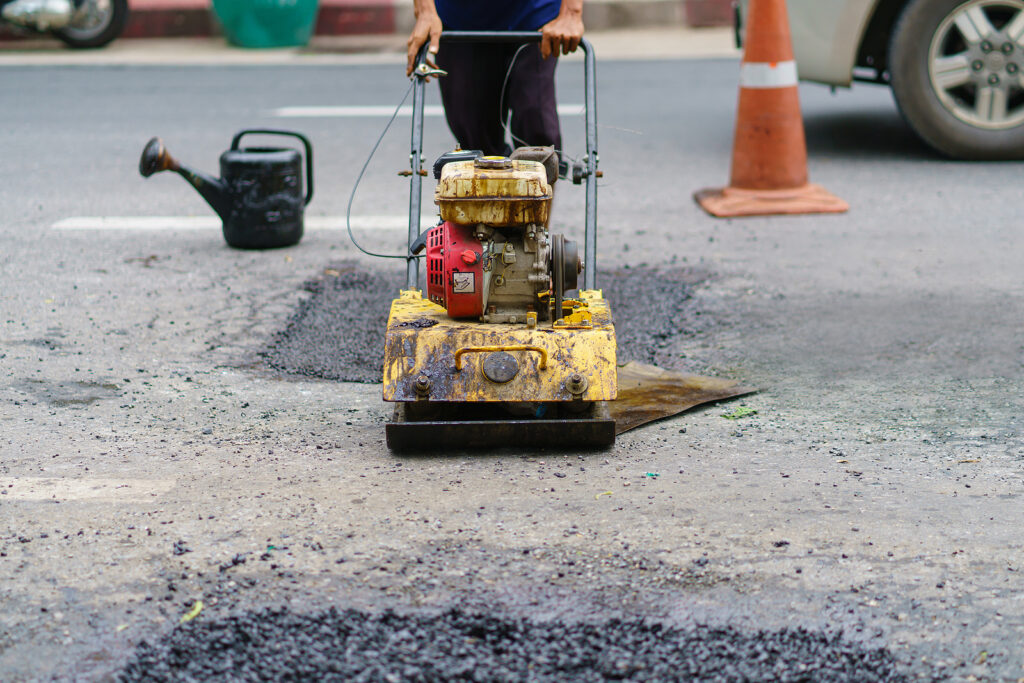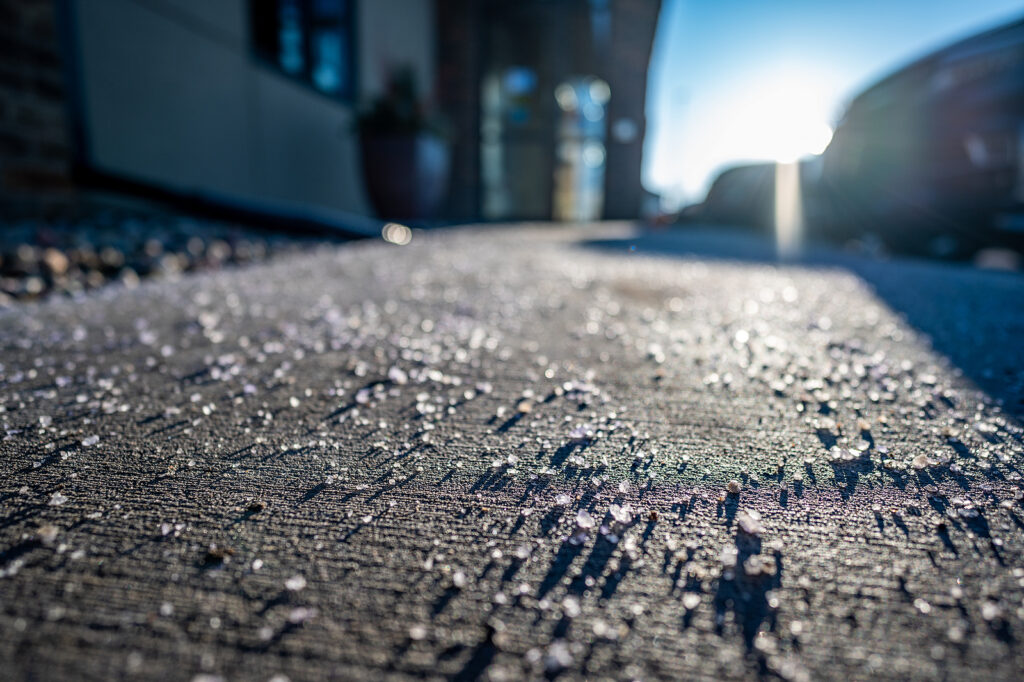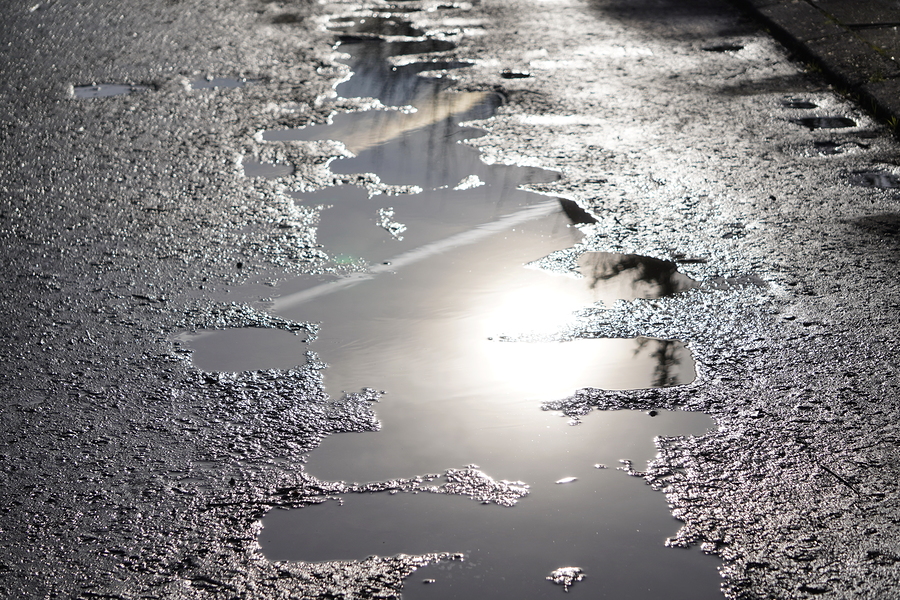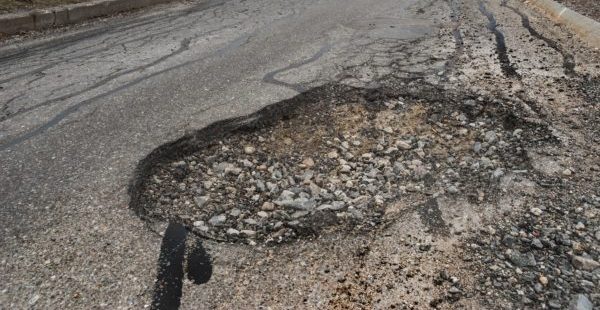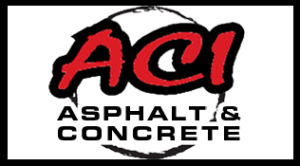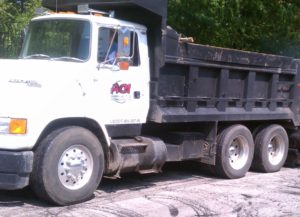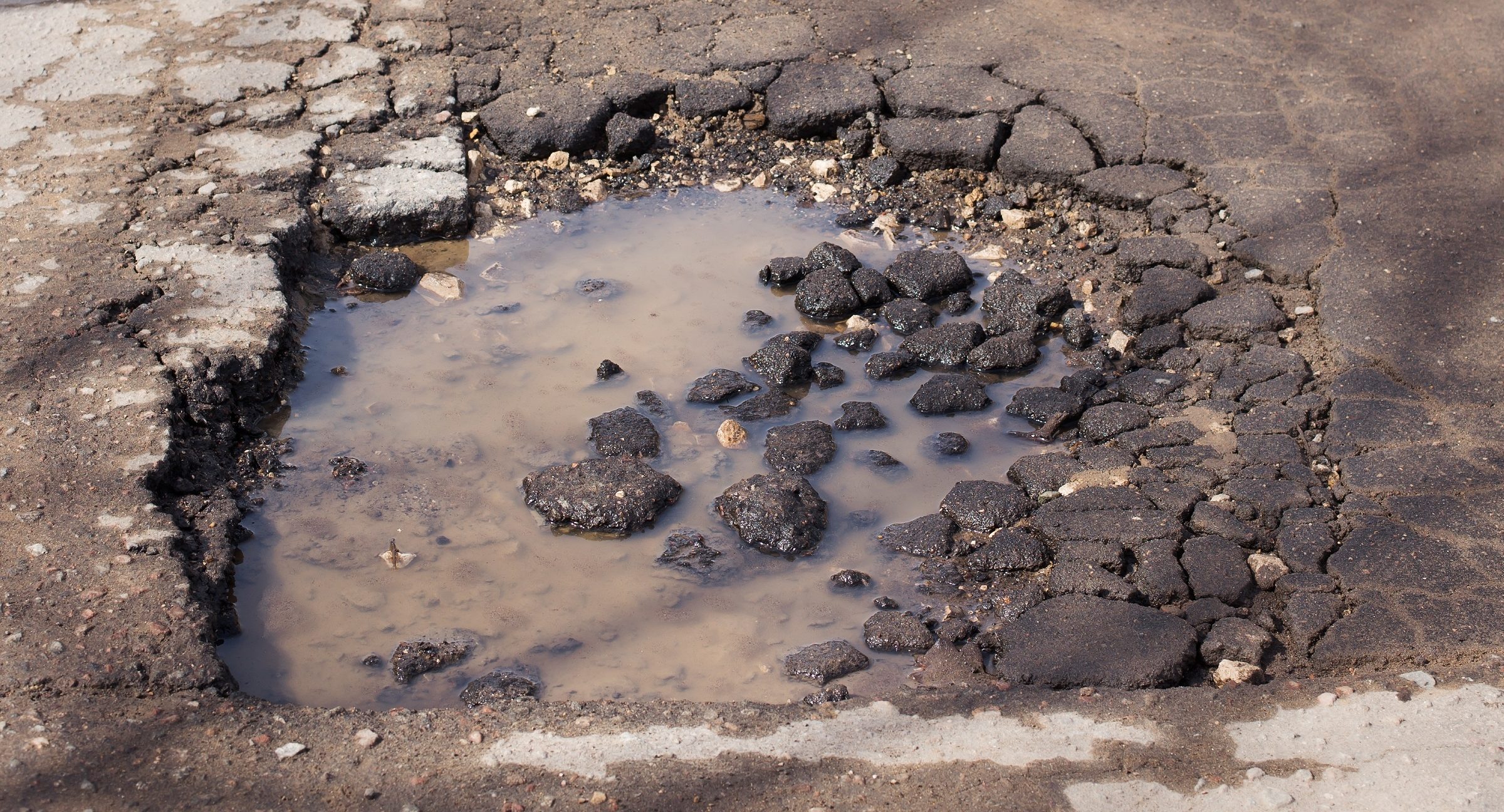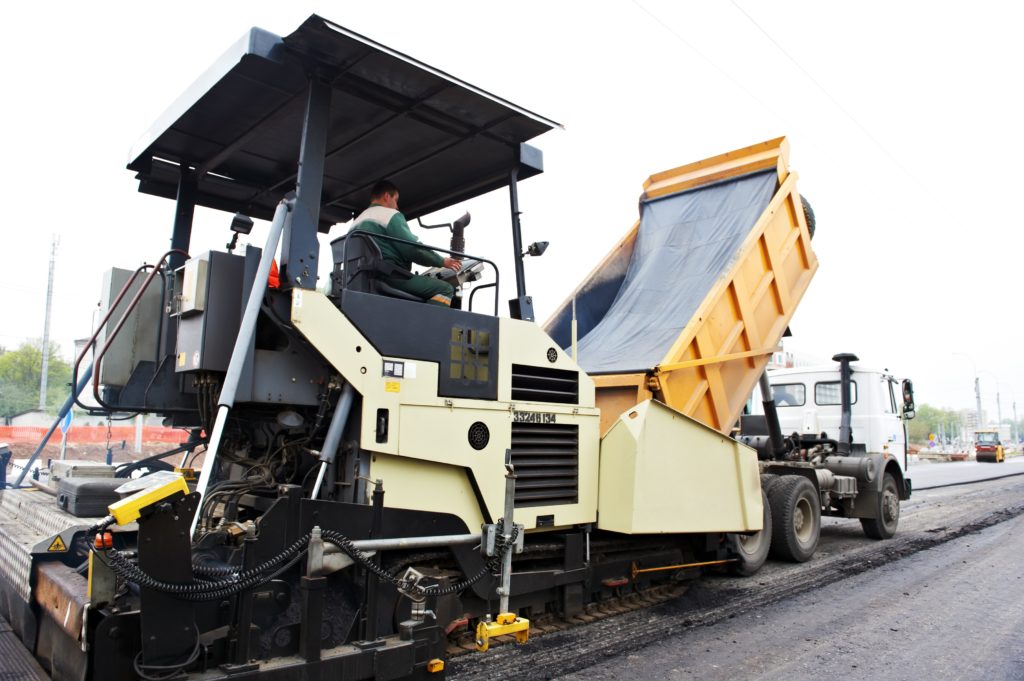Potholes are a common problem for streets and roads. They can cause damage to vehicles, make the road difficult to drive on, and compromise the overall safety of your street. But with proper pothole maintenance, you can ensure that your street is safe for everyone who uses it.
In this blog post, we’ll discuss how you can go about repairing potholes in your area and provide some tips on keeping them from coming back again. We’ll also look at why it’s important to keep up with regular pavement maintenance so that you don’t have to worry about dealing with dangerous potholes in the future. Read on to learn more!
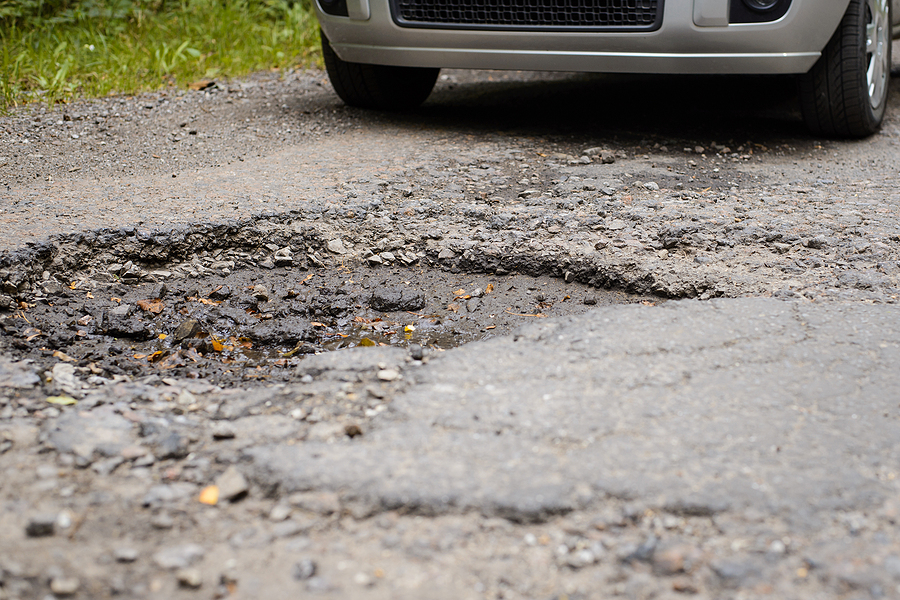
Commercial Pothole Repair and Pavement Maintenance Tips
Be Sure to Address Potholes ASAP
When it comes to repairing potholes, the best approach is to act quickly. They have the resources and experience needed to effectively repair any pothole in a timely manner. If you have potholes on your commercial lot, contact a licensed and experienced commercial paving company for professional pothole repair and cold patching. If you spot a pothole on the public street or roadway, contact your local government or municipality right away. Overall, it’s also important that you make sure the contractor who will be doing the job is experienced and knowledgeable about pavement maintenance techniques. This will ensure that your pavements are repaired using quality materials and practices so that it lasts for years to come.
Consider a Pothole Prevention Plan
To prevent further potholes from forming in your business’s area, there are some steps you can take on an ongoing basis. Proper drainage systems are important for keeping streets free of water, which causes pavements to weaken and potholes to form. Make sure there are no drains, gutters, or catch basins that are clogged, which can cause water to pool in your driveway or street. Additionally, regular inspections of the pavement can help spot any potential problems before they become a bigger issue. This inspection should be done by an experienced contractor who knows how to identify signs of potential damage and take preventative measures.
Routine Pavement Maintenance is Essential
Finally, make sure you keep up with regular maintenance on your street. Routine asphalt and concrete maintenance such as filling cracks and repairing small potholes can save you from dealing with larger issues down the line. Regularly scheduled sealcoating is also important for keeping asphalt looking nice and protecting it from the elements over time. By taking these simple steps, you can ensure that your street is safe and free of dangerous potholes.
Manage Potholes Year-Round With These Tips
Pothole maintenance doesn’t have to be a difficult task if you take the right steps. With proper planning, regular inspections, and routine maintenance, you can make sure your lot is safe for everyone who uses it. Don’t wait until the damage becomes too severe — contact an Indianapolis pavement repair and maintenance company that specializes in commercial and industrial paving services. They can help you understand what it takes to repair potholes. With these tips in mind, you can be sure that your street will be free of potholes and other dangerous road hazards.
No one wants to deal with the headache of a large pothole, so make sure to take proper steps to prevent them from forming in the first place. Contact ACI Asphalt and Concrete at 317-549-1833 for commercial pavement maintenance and sealcoating services in Indianapolis, Indiana. We serve commercial and industrial clients all throughout the state.
Related Posts:
Strategies to Cut Costs on Commercial and Industrial Pavement Maintenance
How to Minimize the Impact of Potholes on Your Parking Lot
Why Pothole Repair Should Be at the Top of Your Priority List

